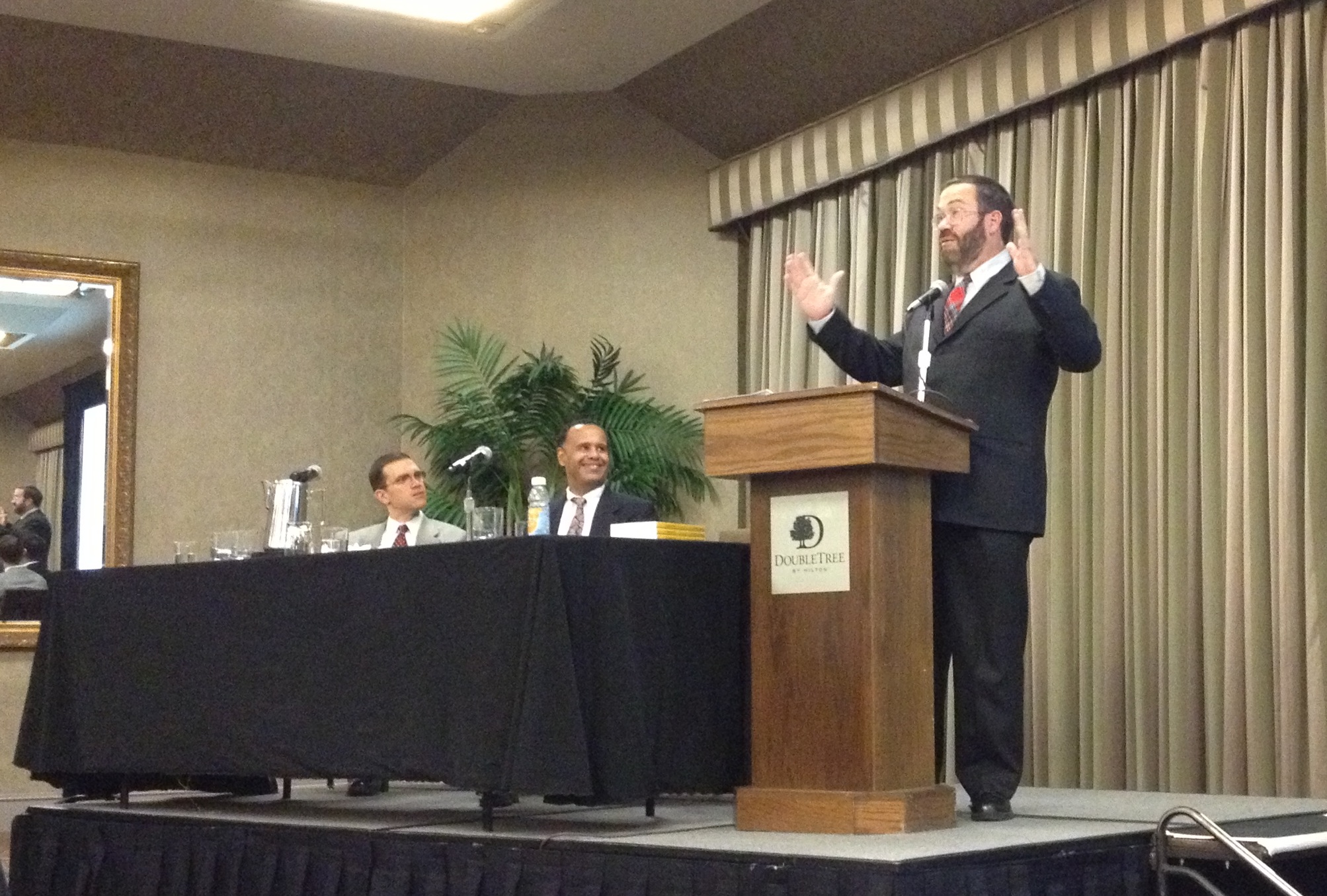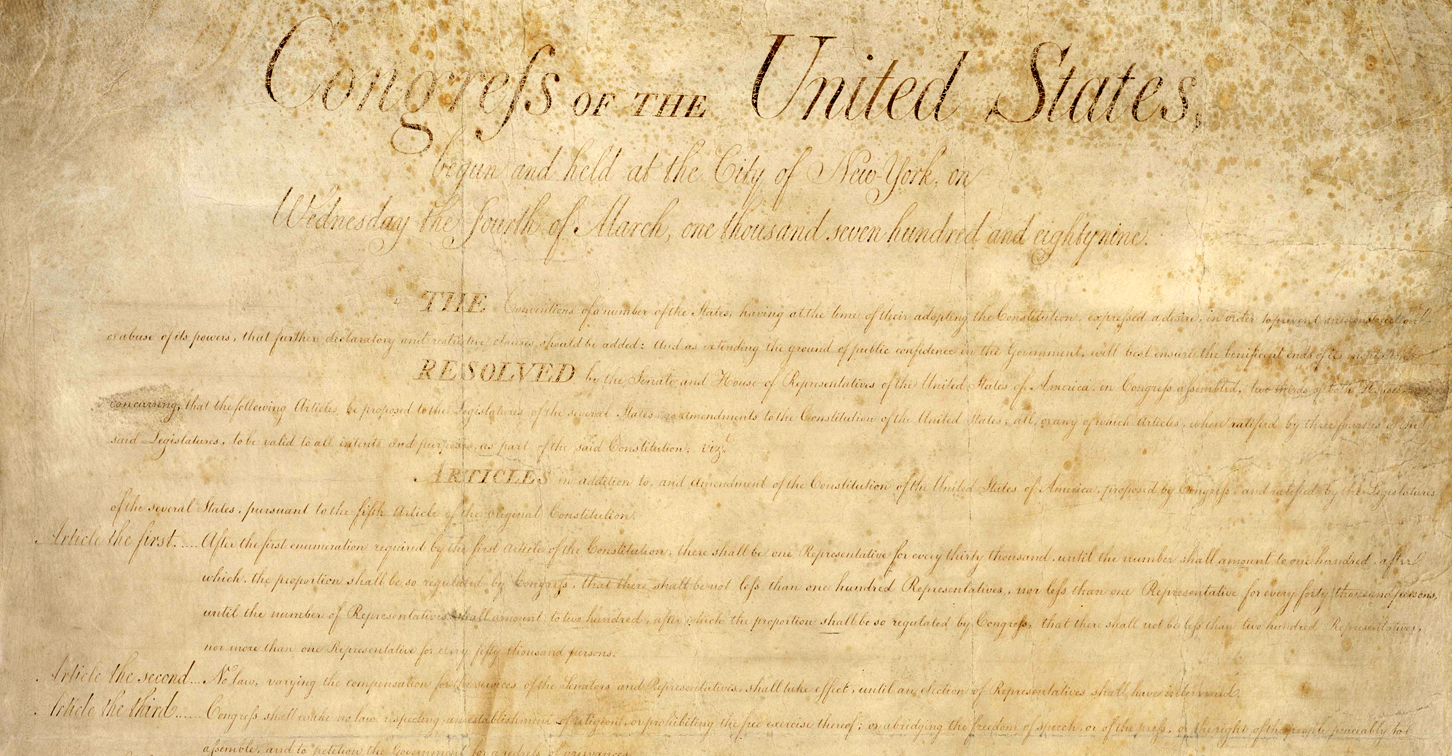 While it’s true that flamethrowers are unregulated, they don’t have a culture surrounding them like firearms do. Which means there’s no preemption law to protect manufacturers, sellers and buyers from the ravages of hysterical local politicians, who are often petty little Napoleons in their own right. Such is the Mayor of the town of Warren Michigan, who is moving to ban flamethrowers. Warren is where Ion Productions makes the XM42. You might think “well, he’ll just have to ban super soakers then too,” but I’m not certain that his proposed legislation doesn’t actually do that:
While it’s true that flamethrowers are unregulated, they don’t have a culture surrounding them like firearms do. Which means there’s no preemption law to protect manufacturers, sellers and buyers from the ravages of hysterical local politicians, who are often petty little Napoleons in their own right. Such is the Mayor of the town of Warren Michigan, who is moving to ban flamethrowers. Warren is where Ion Productions makes the XM42. You might think “well, he’ll just have to ban super soakers then too,” but I’m not certain that his proposed legislation doesn’t actually do that:
It describes a flamethrower as “any transportable device that can emit a burning stream of combustible or flammable liquid at a distance of more than two feet.†It doesn’t include open-flame cooking devices as defined by the International Fire Code, torches used for industrial purposes or smaller flame-producing devices, like cigar lighters. It also makes exceptions for any officers, employees or members of the Armed Forces, law enforcement, fire department or local, state or federal government workers on duty and acting within the scope of his or her employment.
I’m not sure how this doesn’t cover a super soaker, since it’s certainly can “emit a burning stream of combustible or flammable liquid at a distance of more than two feet” with a pretty minimal level of creativity. Let me also say how relieved I am that the Mayor decided to make an exception for Law Enforcement, because I guess we never know when we might have to burn people out of their homes, or hose down a rowdy crowd with some napalm — legitimately, and as a function of law, and for their own good, of course.
I like that a lot young people are embracing libertarian ideas and philosophy, but they are coming against the hard reality that most people aren’t libertarian in philosophy or thought, and aren’t going to agree that people can have dangerous things that they themselves don’t see any legitimate use for. I get taking on the man, but without the cultural underpinnings to support a particular freedom, attracting undue attention to it can result in that freedom ending for everyone. At the end of the day, what does it accomplish?
It’s an dilemma I don’t know how to resolve it. I think people should be allowed to have things that aren’t inherently dangerous to others, which a flamethrower is not. You have to do something stupid and/or evil with it in order for someone to get hurt, and the law would be more just to only punish the stupid and/or evil behavior than to ban the instrument that enabled it. Are there places where even using a flamethrower is stupid? I think that’s debatable. But again, that’s restricting use. If I want to take it out to a quarry and have a good old time setting piles of wood chips on fire, it ought to be my freedom to do so.
But most people don’t think this way. They aren’t willing to live in a society where there’s more risk in order to preserve someone’s “strange” idea of fun. These are people who live relatively conventional lives, and don’t exist much outside of convention. For the most part, they run the world. The reason we’ve been successful with guns is because we’ve abandoned the idea of defending firearms rights on the basis of recreation, which doesn’t appeal to anyone who doesn’t engage in the hobby or who lacks any curiosity about it. Instead, we embraced defending it on the basis of self-defense, which a lot more people can relate to. I worry that at the end of the day, preserving people’s right to have fun with flamethrowers, or their right to make guns at home, won’t prove compelling enough to ordinary people to stand against a tide of public hysteria if it were to come this way.
You know, it occurs to me I don’t have a “flamethrower” category. I guess I’ll have to file this under “civil liberties.”






